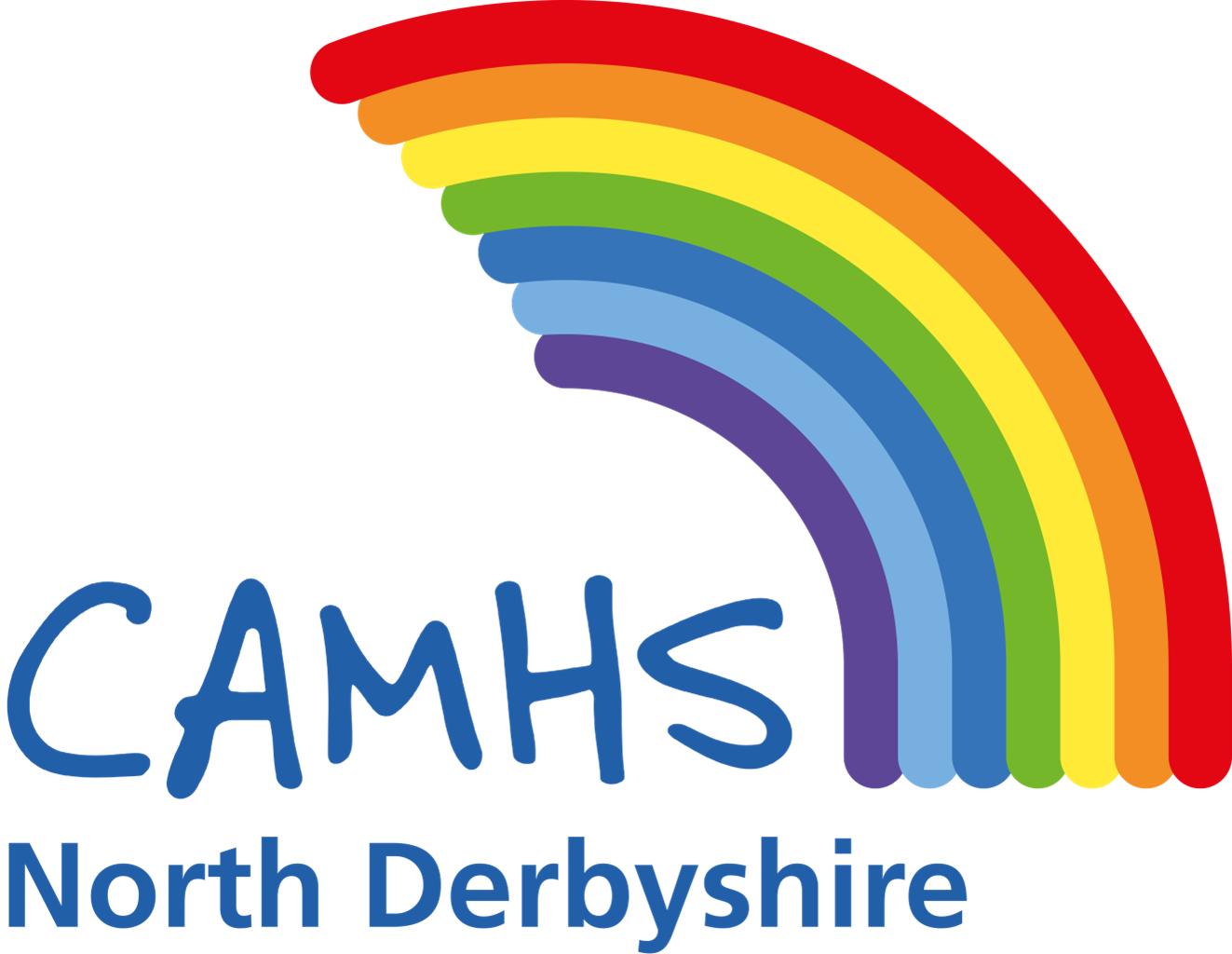learning disabilities
Attention Deficit Hyperactivity Disorder (ADHD) in Young People with a Learning Disability
Introduction
Some children are naturally energetic, restless and excitable. They may be argumentative, fidgety and generally exhausting to deal with. Children like this are often described as being ‘hyper’ but this over used term can be misleading. It’s merely used to describe over-active behaviour which is often nothing more than high spirits. However, children who have marked difficulty with concentration, attention and overactivity do need some intervention at an early stage in order to avoid difficulties when they grow up. Providing help at a young age often increases their chances of achieving their full potential, with the knock on effect of raising self esteem etc.
KEY SYMPTOMS
These are the key symptoms of ADHD. Difficulties will be noticed across different situations (e.g. home and school), although there may be different presentation.
Inattention – Can’t concentrate, skips from task to task, disorganised.
Hyperactivity – Restless, fidgety, always touching things.
Impulsivity – Speaks and acts without thinking, can’t wait their turn.
THINGS TO THINK ABOUT
Any attention is better than none; are they noisy/boisterous to get attention, for instance, from unhappy or stressed parents?
Some children with learning difficulties will show frustration by being inattentive and distractible when they struggle to understand things.
Some children react to certain foods that are known to cause overactivity and restlessness. It may be helpful to monitor this by keeping a food diary.
THINK ABOUT YOURSELF
It’s important that you are aware of the impact that your feelings will have on your response to a situation as this will increase your ability to help. If a child is being boisterous, not listening to you, it may make you angry. Shouting at a child in a confrontational manner may make you feel better, but it’s unlikely to be the best way of defusing the situation.
What can you do as a parent/carer?
DEALING WITH INATTENTION
Find out if there are times when the child’s attention and concentration are better. Then explore what you or others are doing at these times that could be repeated or built upon to increase the chances of success at other times.
Cut down any environmental distractions.
Break down tasks into the smallest possible components and allow brief spells of time to be spent on tasks.
DEALING WITH HYPERACTIVITY
Get into a routine and plan ahead with the child.
Make sure they have the time for noisy and energetic play.
Provide plenty of praise - this should be reinforced by eye contact and should be specific and ‘labelled’ (i.e. tell them exactly why you think they’ve done well).
Remember general behaviour management; be consistent, and positive by stating what you want to see as opposed to what you don’t want.
DEALING WITH IMPULSIVITY
Encourage the child to talk about their thoughts, plans and strategies for doing things.
Coach in reflection and help develop alternative strategies – be focused and specific about situations.
Choose a possible solution and make a plan for when the situation next arises and rehearse it.
Develop memory cues (e.g. pocket cards).
Make time to review and reflect on things together.
TOP TIP
Pay attention to times when things seem a little better, find out what’s happening, who’s doing what etc and repeat or build on this to increase the chances of a repeat.
When to consider asking for more specialist help
CONSIDER SEEKING HELP:
If the child is persistently, extremely impulsive and frequently engages in dangerous activities with no awareness of the consequences.
If the child is extremely restless to the point that it gets in the way of normal daily activities e.g. is continually fidgety or getting up and wandering around.
If the child’s inattention and overactivity occurs over a long period of time and is interfering with their ability to sustain friendships.
Further support, advice and self-help
The Royal College of Psychiatry factsheet on ADHD has information for parents, carers and anyone working with young people.
Website
The National Autistic Society provides information and support for people with Autism and their families and for professionals. They are a very active organisation and offer some really useful information about strategies and approaches for supporting people with Autism.
Website
The British Institute of Learning Disabilities also have some useful information and further advice about a variety of common issues.
Website
Local Offer is a Derbyshire-specific site which allows you to search for lots of different services, including parenting support groups, in the local area.
Website
Adders aims to promote awareness of ADD/ADHD research and to provide information and as much free practical help to both adults and children, and their families.
* Please be aware that some of these resources are for children without a learning disability.

